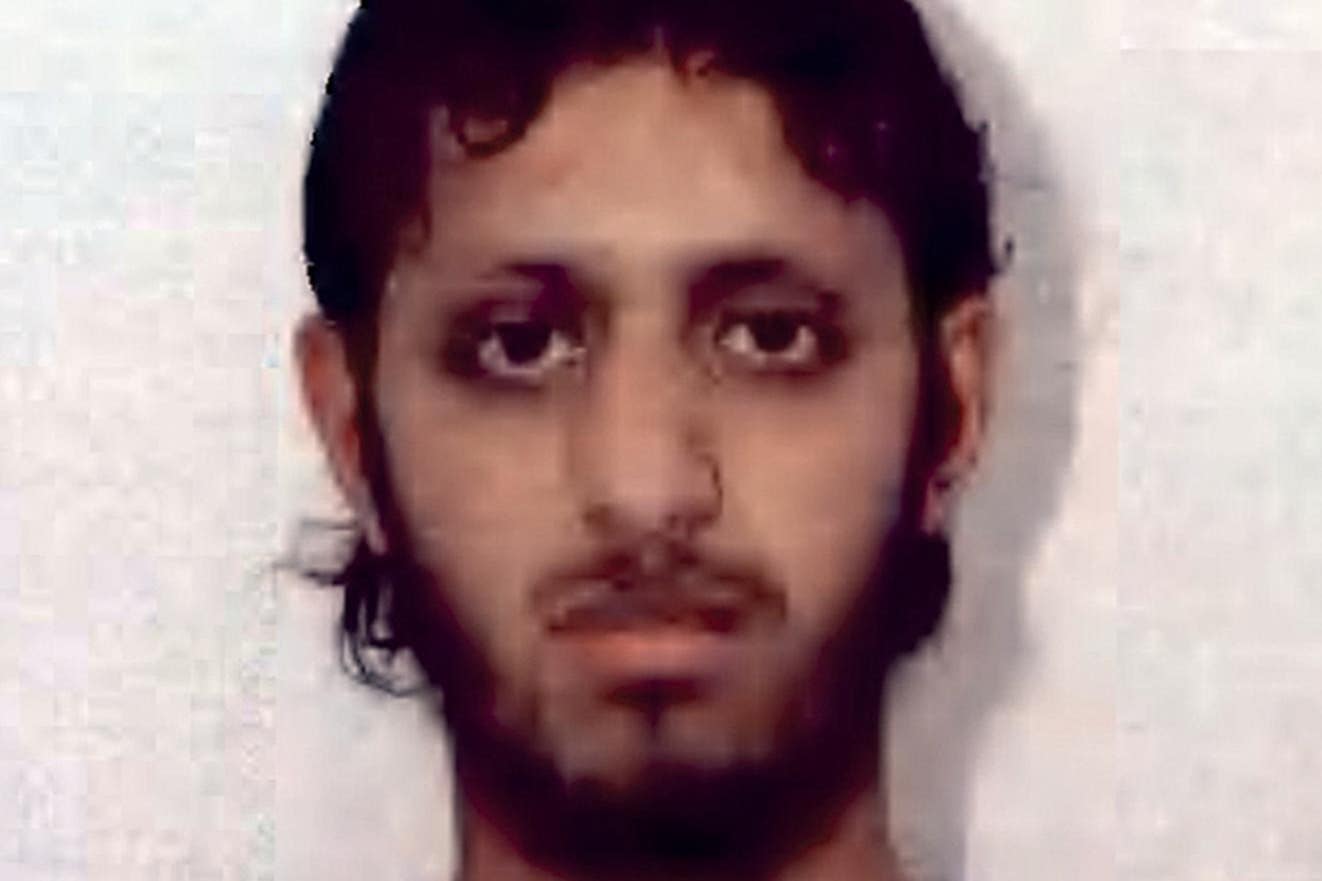Parole Board directs prison release of terrorist friend of London Bridge killer
Nazam Hussain was jailed alongside Khan in 2012 after a plot to blow up the London Stock Exchange.

Your support helps us to tell the story
From reproductive rights to climate change to Big Tech, The Independent is on the ground when the story is developing. Whether it's investigating the financials of Elon Musk's pro-Trump PAC or producing our latest documentary, 'The A Word', which shines a light on the American women fighting for reproductive rights, we know how important it is to parse out the facts from the messaging.
At such a critical moment in US history, we need reporters on the ground. Your donation allows us to keep sending journalists to speak to both sides of the story.
The Independent is trusted by Americans across the entire political spectrum. And unlike many other quality news outlets, we choose not to lock Americans out of our reporting and analysis with paywalls. We believe quality journalism should be available to everyone, paid for by those who can afford it.
Your support makes all the difference.A terrorist who hatched a bomb plot alongside London Bridge attacker Usman Khan could walk free from prison within weeks.
The Parole Board said Nazam Hussain, who was jailed in 2012 for his part in plans to blow up the London Stock Exchange, was suitable to be released.
Hussain was initially freed from prison in 2019 but put back behind bars just months later when police found two knives taped together inside a suitcase at his house, in the wake of Khan’s Fishmonger’s Hall attack.
There is no evidence whatsoever that he has sought to capitalise on his earlier association with Mr Khan
In a document detailing the decision, published on Thursday, the Parole Board said: “The panel directed re-release as it was satisfied that it was no longer necessary for the protection of the public that Mr Hussain be confined.”
A police probe found “no connection between Mr Hussain and the knives or an electronic tablet also found at the premises.
“None of the items were linked forensically or in any other way to Mr Hussain. Mr Hussain was not the sole occupier, the items were not found in his room, and the police accepted another resident’s claim to ownership,” the papers said.
The panel – who considered more than 1,600 pages of evidence and heard from 13 witnesses, found “nothing in the circumstances that would justify any increase in Mr Hussain’s assessed level of risk” and that his initial period of release from prison was “very successful”.
The document said: “He spent time with his family and made considerable progress, improving his work prospects and finding work. There was no evidence that he had sought to proselytise, fundraise or network in further pursuit of any terrorist cause.”
The Parole Board said: “Having considered the evidence in respect of Mr Hussain’s conduct since his automatic release in March 2019, the panel concluded that his recall was an unfortunate but necessary consequence of the events at Fishmonger’s Hall that triggered the search of the address where he was residing and the discovery of items of initial concern …
“In the panel’s view, there is no persuasive evidence that Mr Hussain continues to have an extremist mindset, nor is there any persuasive evidence to support the view he is intent on radicalising others or seeking to support extremist causes either in other jurisdictions or the UK.
“He has engaged in every course and assessment he has been required to take and as a result has placed himself under intense personal scrutiny.”
There is “no evidence suggesting he sought to radicalise others whilst he was back in the community in 2019” and “no evidence whatsoever that he has sought to capitalise on his earlier association with Mr Khan”.
When he is released, Hussain will be “closely involved with his family who appear able to serve as a strong protective factor” and will be subject to a series of licence conditions, including being monitored by police and other public bodies.
Hussain will have to take lie detector tests and wear a GPS tag as well as live at a specified address, adhere to a curfew, disclose any developing relationships as well as face restrictions on who he contacts and what he does.